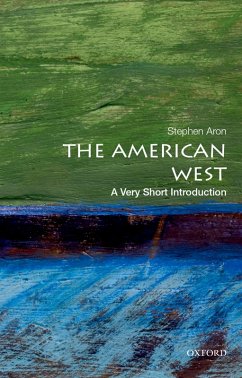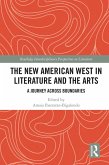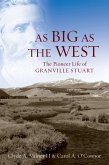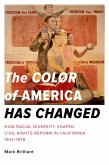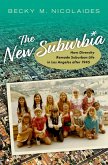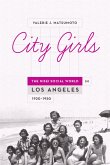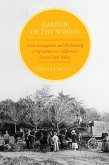Part geographical location, part time period, and part state of mind, the American West is a concept often invoked but rarely defined. Though popular culture has carved out a short and specific time and place for the region, author and longtime Californian Stephen Aron tracks "the West" from the building of the Cahokia Mounds around 900 AD to the post-World War II migration to California. His
Very Short Introduction stretches the chronology, enlarges the geography, and varies the casting, providing a history of the American West that is longer, larger, and more complicated than popular culture has previously suggested. It is a history of how portions of North America became Wests, how parts of these became American, and how ultimately American Wests became the American West. Aron begins by describing the expansion of Indian North America in the centuries before and during its early encounters with Europeans. He then explores the origins of American westward expansion from the Seven Years' War to the 1830s, focusing on the western frontier at the time: the territory between the Appalachian Mountains and the Mississippi River. He traces the narrative - temporally and geographically - through the discovery of gold in California in the mid-nineteenth century and the subsequent rush to the Pacific Slope. He shows how the passage of the Newlands Reclamation Act in 1902 brought an unprecedented level of federal control to the region, linking the West more closely to the rest of the United States, and how World War II brought a new rush of population (particularly to California), further raising the federal government's profile in the region and heightening the connections between the West and the wider world. Authoritative, lucid, and ranging widely over issues of environment, people, and identity, this is the American West stripped of its myths. The complex convergence of peoples, polities, and cultures that has decisively shaped the history of the American West serves as the key interpretive thread through this
Very Short Introduction.
ABOUT THE SERIES: The Very Short Introductions series from Oxford University Press contains hundreds of titles in almost every subject area. These pocket-sized books are the perfect way to get ahead in a new subject quickly. Our expert authors combine facts, analysis, perspective, new ideas, and enthusiasm to make interesting and challenging topics highly readable.
Dieser Download kann aus rechtlichen Gründen nur mit Rechnungsadresse in A, B, BG, CY, CZ, D, DK, EW, E, FIN, F, GR, HR, H, IRL, I, LT, L, LR, M, NL, PL, P, R, S, SLO, SK ausgeliefert werden.

